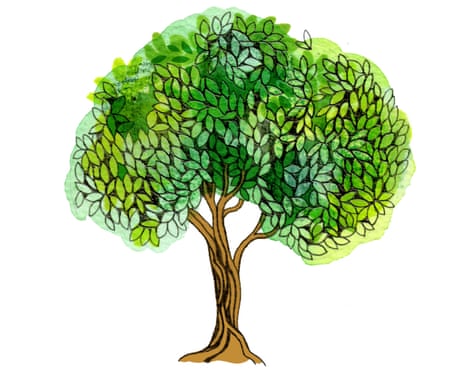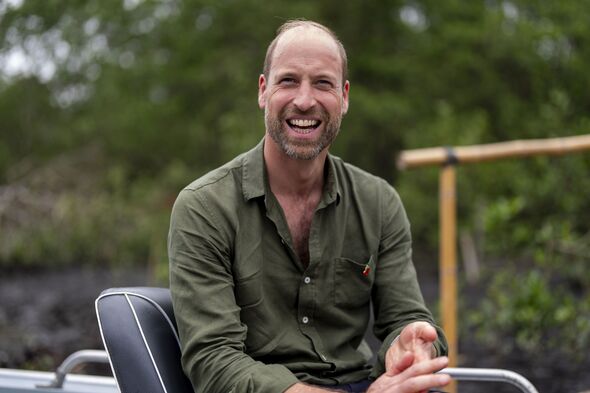A recent episode of the engaging podcast “Everything Under the Sun” hosted by author Molly Oldfield featured a series of intriguing questions posed by children. The episode addressed topics ranging from environmental concerns to fascinating facts about wildlife and the universe.
Sadie, a 10-year-old listener, sparked curiosity about the environmental impact of the paper industry by inquiring how many trees are cut down daily for paper production. While the exact number remains uncertain, estimates suggest that between 80,000 and 160,000 trees are felled each day. Some even speculate that the figure could be as high as 10 million. This highlights the ongoing concerns surrounding deforestation and its implications for climate change and biodiversity.
In another question, Rosa, aged 5, asked why jellyfish tentacles sting. The answer reveals an interesting aspect of biology: jellyfish utilize tiny harpoons filled with toxins that shoot out when they come into contact with skin. This mechanism is not a deliberate attack; rather, it occurs as a natural defense. It serves as a reminder of the complex interactions between species in marine ecosystems.
Young inquisitor Freddie, aged 8, was curious about the rings of Saturn, a striking feature of our solar system. The correct answer is that Saturn has 7 main rings, composed of ice and rock particles. This planetary characteristic continues to captivate both children and adults alike, serving as a gateway to exploring astronomy and the vastness of space.
Another question came from Reuben, also 8, who wondered about the short tails of bobcats. The explanation is connected to their lifestyle; long tails are typically associated with climbing for balance, while bobcats tend to stay on the ground, making shorter tails more advantageous in their environment. This highlights the importance of adaptation in wildlife.
Lastly, Freyja, also 8, inquired about the population of bees in a beehive. The answer is approximately 40,000 bees, which illustrates the complexity of social insect communities and their critical role in pollination and ecosystem health.
Molly Oldfield’s podcast, “Everything Under the Sun,” not only answers these questions but also encourages young listeners to explore the wonders of nature and science. Her books, including “Everything Under the Sun” and the accompanying “Everything Under the Sun: Quiz Book,” further enrich children’s understanding of the world around them.
Engaging with children’s questions can foster curiosity and awareness about significant topics such as the environment, wildlife, and space. The insights shared in this podcast episode serve as a valuable resource for parents and educators looking to inspire the next generation of thinkers and explorers.







